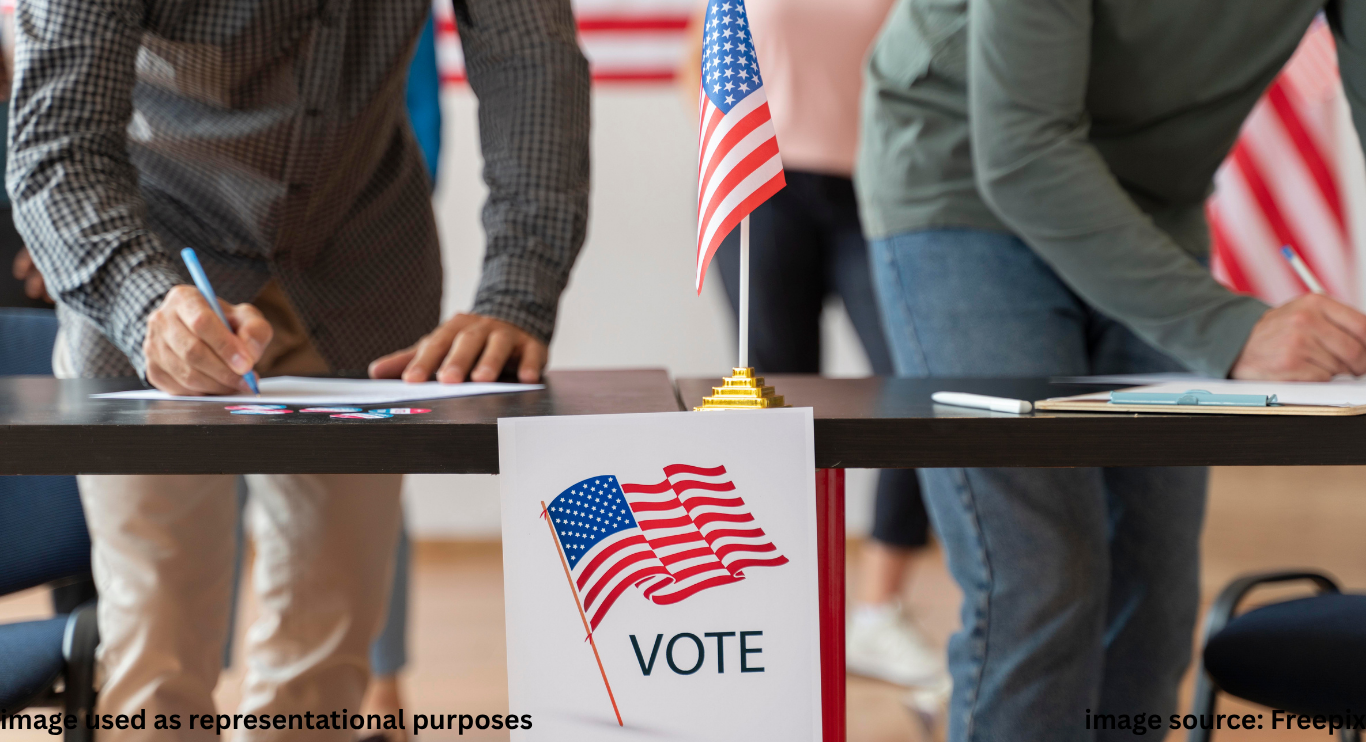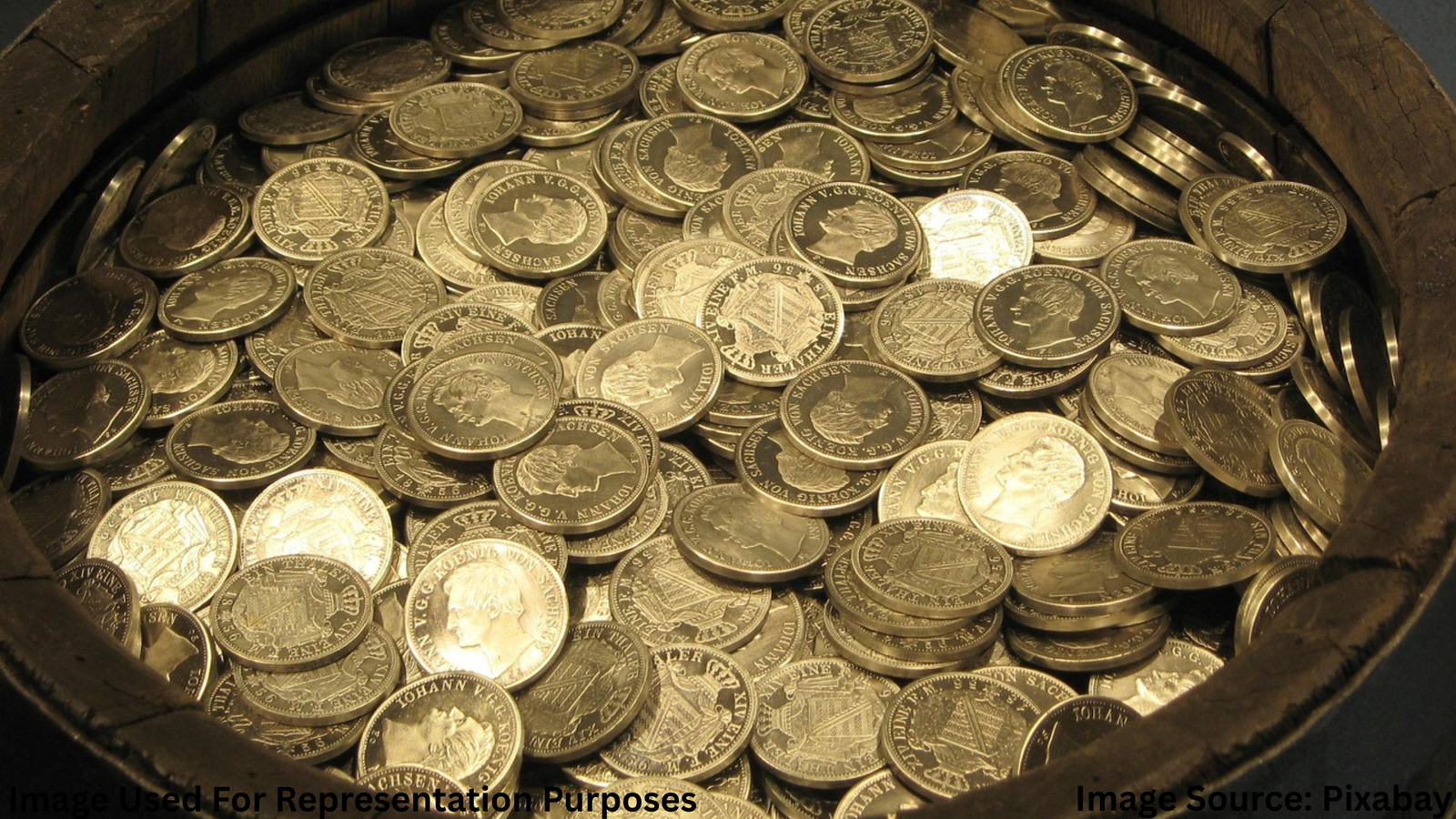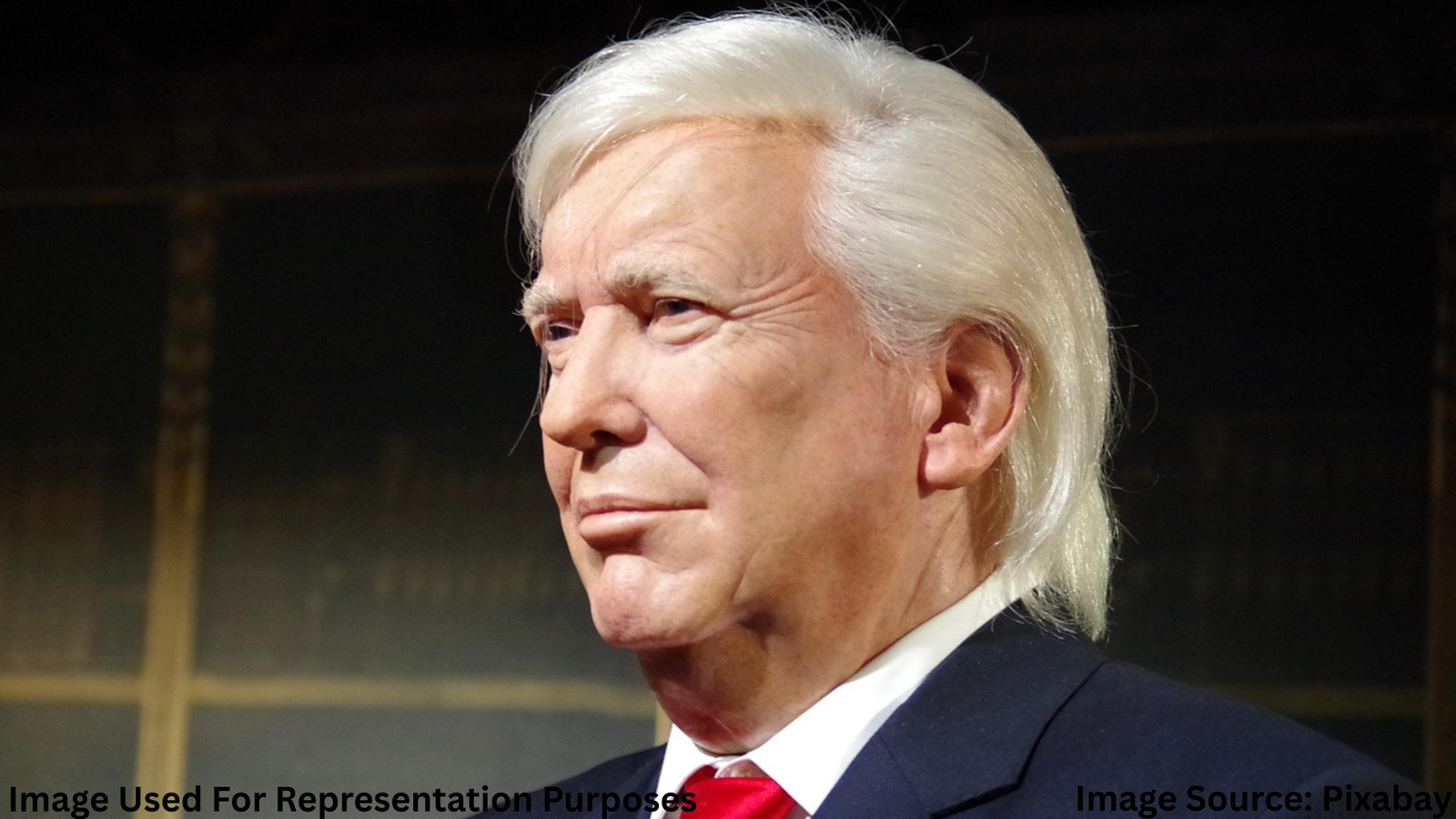
What Makes the US Presidential Election Unique?
The US presidential election isn’t just a political event—it’s a mirror reflecting the heart of American democracy. Held every four years, this national ritual determines who will lead the most powerful country on Earth. From small-town Iowa voters to big-city campaign rallies, the process is dramatic, emotional, and uniquely American.
Unlike parliamentary systems where party coalitions determine leadership, in the U.S., individual voters directly influence who becomes president. The entire world watches as Americans cast their ballots—not just for a leader, but for a vision of the future.
The Election Process Explained
At its core, the US presidential election consists of several major stages:
The Primaries and Caucuses
Each political party, mainly Democrats and Republicans, holds primaries or caucuses in every state to choose their nominee. These early contests can make or break campaigns.
Example: In 2008, Barack Obama’s unexpected win in the Iowa caucus launched him into national prominence.
The National Conventions
Once a nominee is chosen, they are officially endorsed at the national conventions, often with dramatic speeches and party unity.
The General Election
Held on the first Tuesday after the first Monday in November, the general election pits the nominees against each other. In 2024, it will take place on November 5.
Real Stories: What Voting Means to Americans
For many, voting is deeply personal.
“I remember voting for the first time in 2000. I was 18 and nervous, but I felt powerful. Like I mattered.” — Angela, Georgia
“My grandfather fought for the right to vote. I never miss an election, because I carry his voice with mine.” — DeShawn, Alabama
These stories remind us: elections are not just statistics—they’re human experiences.
Electoral College: Fair or Flawed?
One of the most misunderstood parts of the US presidential election is the Electoral College. When Americans vote, they’re actually selecting electors who then vote for the president.
How It Works
There are 538 electors. A candidate needs 270 electoral votes to win. Most states are winner-takes-all.
The Criticism
Some argue it distorts democracy. In 2016, Hillary Clinton won the popular vote but lost the Electoral College.
“It’s frustrating. I live in California—my vote feels like it doesn’t count because we’re always blue.” — Maria, San Diego
The Power of Swing States
Swing states like Pennsylvania, Wisconsin, and Florida are critical. These are states that could go either way, and candidates spend millions courting voters here.
In 2020, Joe Biden’s narrow win in Arizona marked a turning point, thanks to grassroots organizing among Latino and Indigenous voters.
If you’re in a swing state, your voice is amplified.
Campaigns, Debates, and Political Ads
The months leading up to the US presidential election are filled with: Campaign rallies full of energy and slogans. Presidential debates that shape public opinion. TV and digital ads, often emotional or controversial.
In 2020, campaigns spent over $14 billion combined—the most expensive election in U.S. history.
Misinformation and Voter Suppression
Unfortunately, the election also comes with its challenges:
Fighting Fake News
Social media is a double-edged sword. While it spreads awareness, it also fuels misinformation.
Suppression Tactics
Some states implement strict voter ID laws, limited polling places, or remove voters from rolls—especially in minority communities.
“In 2018, my polling station had a two-hour wait. I almost gave up.” — Jorge, Texas
These are real obstacles to democratic participation.
A Look at 2024 and Beyond
The 2024 US presidential election is already shaping up to be another high-stakes race. Donald Trump seeks a comeback while Joe Biden defends his record.
Key issues for 2024 include: The economy. Abortion rights, climate policy, immigration.
With rising youth activism and increased voter turnout, the landscape is changing fast.
Conclusion: Your Vote, Your Voice
The US presidential election is more than a vote—it’s a declaration of hope, belief, and responsibility. Whether you’re a first-time voter or a seasoned one, your participation matters.
Every ballot cast contributes to the direction of a nation. The system may not be perfect, but democracy thrives when citizens engage.
So when November comes around, remember: your voice is your power.

Akalumhe Jefferson is a content writer with a new found interest for crafting engaging stories that transport readers to new worlds. Although no current actual background in creative writing but there’s active love for writing



